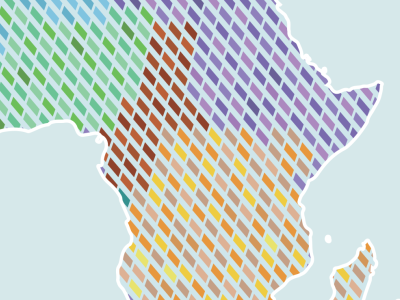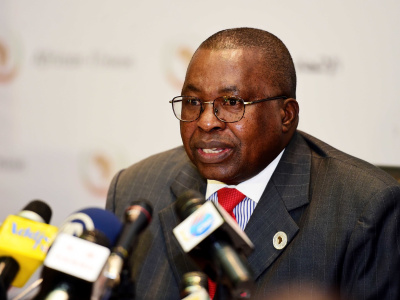
Elections in Africa – Playing the game or bending the rules?
Martin Ronceray and Bruce Byiers look at who and what shapes election outcomes in African countries.
Summary
Though more elections are taking place on the African continent than ever before, less than one in six major elections results in a full transfer of power. Six of the world’s ten longest-serving presidents are in Africa. More elections are being held, but more elections are also being rigged.
Given the potential for reform or continuity associated with elections (for better or worse), and high levels of external support to electoral processes from development partners, it is important to better understand the different dynamics at play and draw lessons from recent experiences.
This paper identifies the means through which different actors and factors sway election outcomes as well as ongoing trends and implications for external partners. It introduces analytical frameworks to help understand the strategies used before, during and after election day, and relates these to recent and ongoing electoral processes in Africa through a number of telling examples.
Being aware of the election-swaying strategies is a first step. Learning from where external support has worked, and why, will be the next one. This will help to participate purposefully in the democratic game rather than just ‘getting played’.








